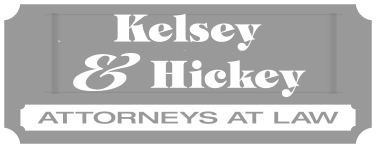Nobody in Texas likes the idea of giving up hard-won land, but that is exactly what could happen when the government attempts to claim eminent domain. This limited power could allow the federal government to take over personal property rights from land- and homeowners. The good news is that the law was originally written to limit the power of rather than augment it.
Eminent domain is written into the Fifth Amendment of the US Constitution. As explained on FindLaw, the relevant clause requires just compensation for anyone who loses their property to the government for public use.
The term used for most eminent domain issues is “taking”. On one hand, there are some relatively simple matters — those that involve the government buying land from individual property owners or forcing a sale. There are several prerequisites, usually including proof that the use is a necessary public benefit and establishing the market value of the land for the purpose of just compensation. However, there are other forms of taking.
According to the Cornell Law Library, there are two types of taking under eminent domain:
- Physical
- Regulatory
Physical taking is usually a situation in which the government occupies, builds on or takes ownership of land. Regulatory restrictions on lands that decrease or eliminate the profitability of the real estate could fall under the second category of taking.
Of course, not every federal regulation that reduces profitability is considered an example of eminent domain. For example, the Cornell article mentions that laws protecting public health could not qualify for this rule in most cases. Therefore, it is important to make a detailed analysis of how and why government restrictions reduce land profitability or threaten personal ownership.
